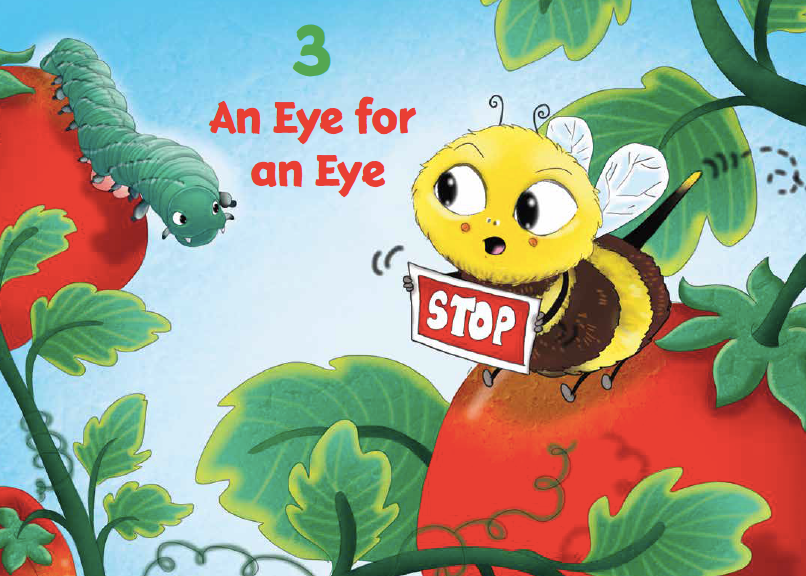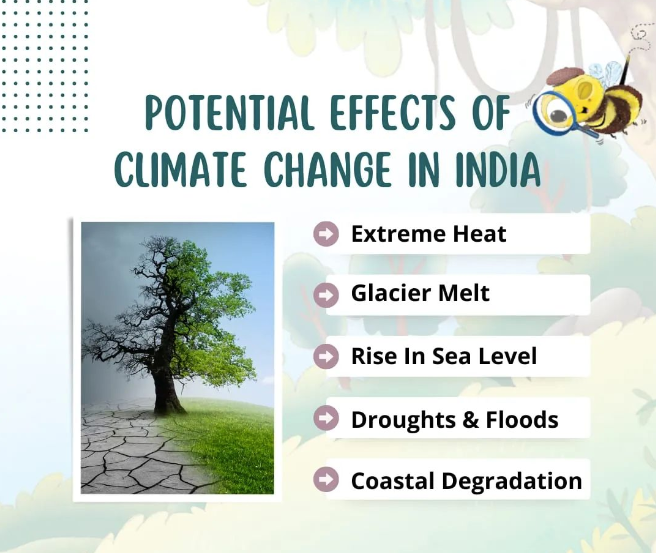What’s Happening: The world uses over 4 million tons of chemical pesticides per annum. While there is no central or definitive count of this, the figure is fairly accurate, gleaned through various sources.
Pesticides are nothing but poisons harmful to insects and in almost all cases, humans too. Since they are sprayed EXCLUSIVELY over crops meant for human and animal consumption, they eventually make it to our food. Every time and without fail, when we eat a fruit, vegetable, cereal, bread or meat of any kind, these pesticides make it into our bodies.

If you’re wondering how meat made it to the above list, consider this – over 70% of all agricultural land globally is used for growing animal feed. These are the same animals that are ‘harvested’ for dairy products and meat. Effectively, they eat the pesticide infested plants and in turn, we eat them!
Thankfully, in India the dairy industry still largely follows the cooperative model of milk procurement, keeping it away from the evils of global industrialized milk – harvesting techniques. But more about that in another article.
Then why do we use chemical pesticides: The same reason we use plastic or burn coal in copious amounts – it’s cheaper and more convenient than natural, organic options. More than that though, there is a whole industry, a powerful lobby that controls the manufacture, distribution, sale and usage of pesticides, backed by millions of dollars invested in the factories and infrastructure needed to produce them. In a nutshell, it is a well – oiled complex machine that will NOT let go of its hold on world agriculture that easily.
Sure, there are instances of governments banning certain categories of pesticides. There are also instances of companies voluntarily stopping use of the more toxic chemicals that go into their manufacture. However, these are few and far in between.

Implication beyond the obvious: Pesticides are sprayed on crops. Naturally, they get into the soil and water, contaminating these ecosystems. Interestingly, a lot of it gets transmitted over larger areas than they are meant, carried as vapour through the air. These invariably ‘poison’ several animal species in the wild that they aren’t meant for. For instance, there are cases of large – scale destruction of bee colonies on this account. Given how critical bees are for healthy biospheres, this is nothing short of being catastrophic.
Human Cost of chemical pesticides: There is a very direct correlation between human illness and pesticide use. As already discussed, the excess pesticide goes into the soil. This either goes into the groundwater or rains take it into rivers and streams. Eventually, through whatever source, they make it to our digestive system. No matter how much you wash that fruit or vegetable you bring in, on an average it carries 30 different types of pesticides that make it to your gut! These have long term impact on human health, most of which scientists are trying to figure out. Broadly, they’ve been linked to CANCER, ADHD, ALZHIEMERS to name a few illnesses. So, if innocent animals dying due to indiscriminate pesticide use isn’t reason enough to STOP Chemical Pesticides, this sure is!
Solution: Using chemical pesticides can easily be stopped. Completely. ‘Vedic’ farming methods, which were used for centuries in India and decried as ‘unscientific’ by self – proclaimed pundits are today making a comeback across the globe. Nature is full of natural pesticides that we’ve been using. It is time to go back to them.

In fact, I’m amazed at the sheer number of solutions nature has to offer. While researching the ‘Adventures of Biplob the Bumblebee’ stories, I’ve come across innumerable solutions for pest attacks. Every one of them completely natural, organic and 100% harmless to everyone and everything other than the pest they’re meant to decimate!
Challenge: Replacing chemical pesticides requires a paradigm shift. Pretty much all pests have a set of predators that destroy them. The challenge is to make the environment suitable for those predators to thrive.
For example, ladybugs eat up most pests and harmful insects but they have to be introduced to the environment and protected from other predators. ‘Decoy’ plants have to be grown, with pests on them to attract the ladybugs. Then, water has to be made available to them. Thirdly, there needs to be a sizeable population so that even if a few get eaten by predators, there are enough left to protect the crop. This is time – consuming, slow and needs to be constantly monitored (unlike pesticide, which is a spray – and – forget solution).

Another challenge is that governments don’t overtly support this since it will result in huge job losses. Our propensity for ‘short – cut’ solutions and inherent inertia towards change (if factories don’t make pesticides, they will have to find a new product which requires time, effort, money, skill etc. that no one wants to invest) is making this a huge problem.
The way out from chemical pesticides: The solution, as detailed above, is remarkably simple and intuitive. All we need is the will to make this change. Like with pretty much everything else that has ever changed over the centuries, it is either political will or public / market pressures that will bring about the change. If you and I start INSISTING on produce that has had no use of chemical pesticides, producers will be left with no choice but to do away with their use! Of course, in the interim things will be a tad tough, but in the long term the payoff will more than compensate for it. After all, nothing comes above the well – being of the planet and us!




5 comments
TjcPqUfknu
unmHCpdIYGoNEB
Hello World! https://h10wu2.com?hs=231c3e205d55c7139e48c168f979d9e3&
8g948p
aarushi
ADHD is such a huge issue and still we continue use of chemcal pesticides
Nilima
Organic farming seems to be the only solution, We must go back to our roots
Ashish Jain
Truly significant and very well said.
Leave a comment
This site is protected by hCaptcha and the hCaptcha Privacy Policy and Terms of Service apply.